Jeep will introduce a $25,000 EV in 2027, officials from parent Stellantis confirmed on Thursday. CEO Carlos Tavares – who first dropped hints about the affordable offering last month – added a number of other details during a meeting with investors.

Stellantis CEO Carlos Tavares believes Jeep can undercut competitors with an affordable Jeep coming in at $25,000 after federal tax incentives.
Only weeks after introducing its first all-electric model, the $72,000 Wagoneer S, Jeep confirmed it will launch a new EV set to start at little more than a third of that price in 2027.
Carlos Tavares, the CEO of Jeep’s parent, Stellantis, made the announcement Thursday during an Investors’ Day event giving a broad view of the direction the Euro-American automaker plans to take as the industry begins shifting from internal combustion engines to battery-electric propulsion.
As an increasingly global brand, Jeep is taking a lead in that transition and will go from just one EV today to six by 2027, it revealed. But Jeep won’t take a binary approach, said brand boss Antonio Filosa. As Headlight.News reported early this month, it will introduce six different powertrain technologies in the coming years, a list that also includes mild, conventional and plug-in hybrids, as well as range-extenders.
An affordable, all-electric Jeep
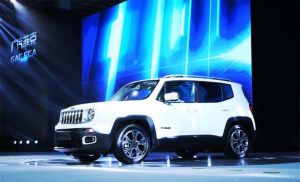
The next-generation Jeep Renegade will use a “multi-energy” platform capable of drawing power from several different drivetrain technologies, including gas and EV.
Tavares first hinted of plans for an affordable Jeep EV during an industry conference in New York two weeks ago. He and Filosa confirmed the project on Thursday, while fleshing out a few of the details.
To start with, the affordable battery-electric vehicle will be based off the same platform as the next-generation Jeep Renegade which will replace the recently dropped SUV that had been serving as the brand’s entry-level product line.
Details about the new Renegade are scarce but Tavares said he expects it to use lithium-iron-phosphate batteries, rather than the lithium-ion technology found in the new Jeep Wagoneer S and upcoming Jeep Recon.
Also known as LFP, those batteries are about 25% cheaper per kilowatt-hour, though they also provide less range for a given battery-pack size.
Made in America
The actual MSRP of the Renegade EV will likely land in the low $30,000 range. o get down to $25,000 or under, as Jeep intends, it will need to take advantage of federal tax credits. To qualify, however, it will have to meet a series of sourcing requirements laid out in the Inflation Reduction Act.
So, unlike the outgoing Renegade, the EV version will need to be assembled either in the U.S. or in one of a handful of approved trade partners. The batteries also will need meet that mandate, as will raw materials such as lithium, nickel and manganese.
Right now, though, there is no production of LFP technology in the U.S. All such batteries are imported from China. During a Q&A session with reporters, Tavares suggested that one of the three battery plants Tavares has announced for North America could be converted to produce lithium-iron-phosphate cells.
“We have to respect the IRA,” said Tavares, “So, we have to find a way to make LFP batteries in the U.S.”
More Jeep News
- Jeep Playing a Critical Role in Future Plans for Stellantis
- Jeep Will Offer 6 Different Powertrain Tech, 5 Electrified
- Jeep Unveils the All-Electric Wagoneer S
Under the skin
The EV version of the next Renegade will be based off one of the new “multi-energy” platforms Stellantis is developing.
Competitors such as Tesla, General Motors and Volkswagen have shifted to dedicated, skateboard-style platforms specifically designed solely to run on battery power. Stellantis, however, is focusing on flexible “architectures” that can use a variety of different propulsion technologies. The new Ram 1500 is based off the STLA Frame platform allowing it to go with an internal combustion engine, an all-electric drivetrain, or a range-extender system with a smaller battery pack and an ICE engine that serves solely as a generator to keep the batteries charged.
Several smaller multi-energy platforms are in development. Officials would not say whether the EV will use the Smart car platform that was recently introduced in the Citroen eC3 EV or the STLA Small platform still under development.
Boosting the brand
Jeep recently was named the country’s most “patriotic brand” in a study by Brand Keys, a New York-based brand loyalty and engagement research firm, beating out not only familiar automotive names like Chevrolet, but even Coca-Cola and McDonald’s.
Even so, Stellantis is betting it can deliver significantly more sales overseas, with a goal of boosting demand 50% this decade. The mixed powertrain portfolio will be a key element of its strategy, as will targeting a broader range of price segments.

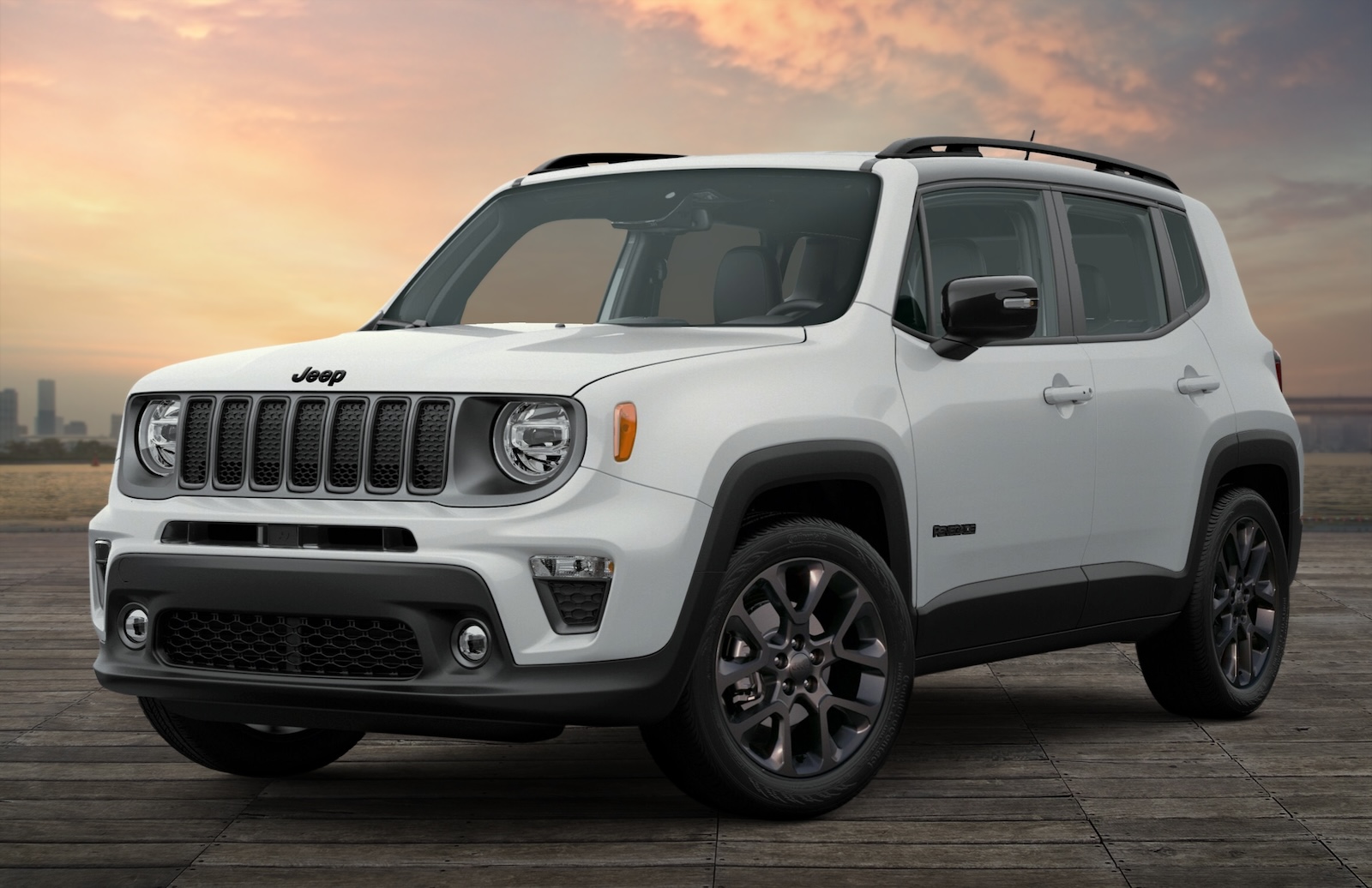
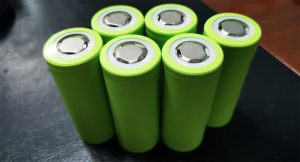
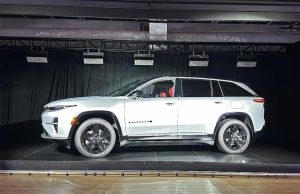
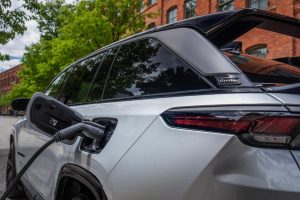

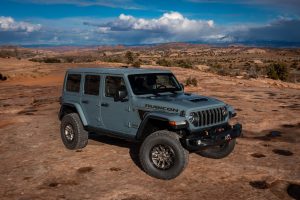
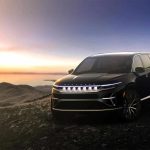
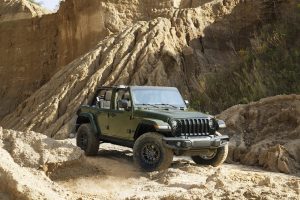
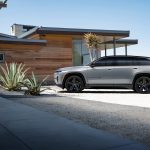
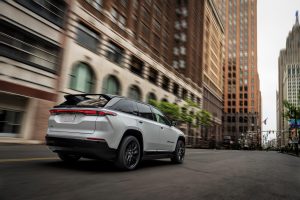
0 Comments